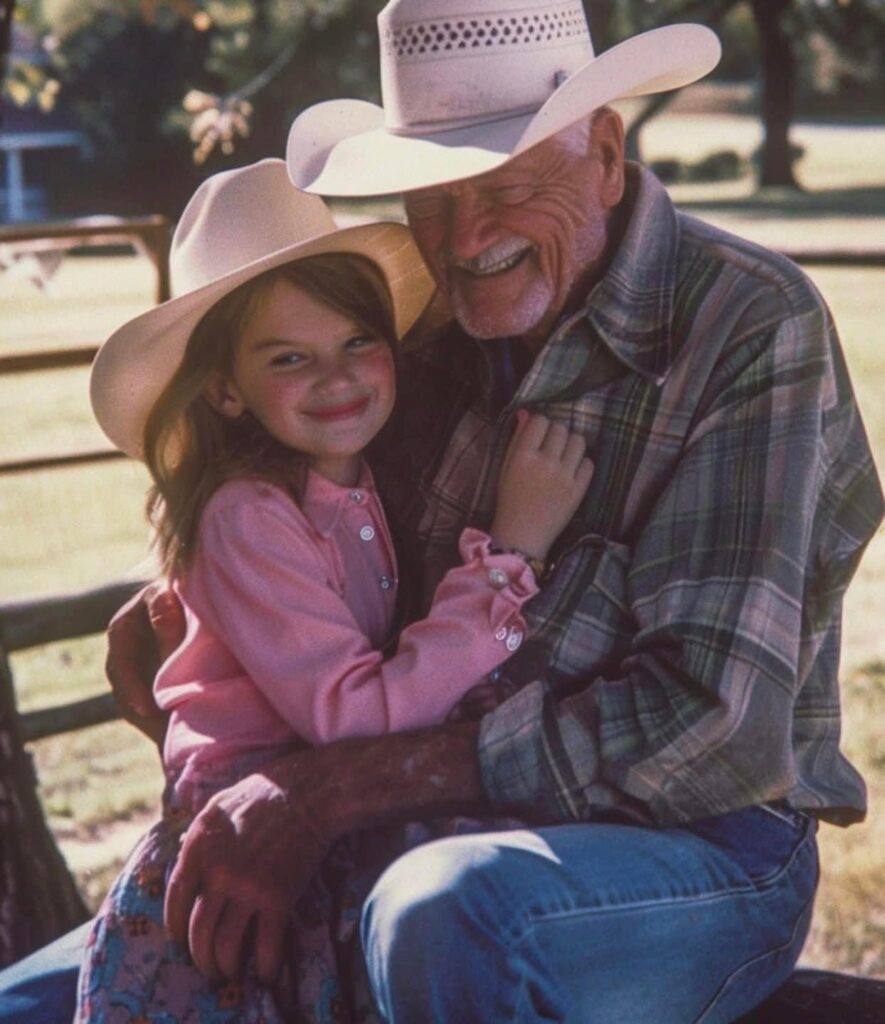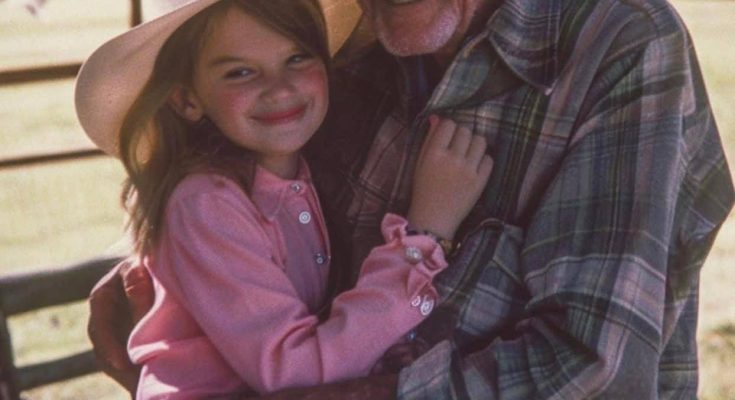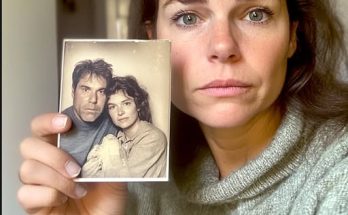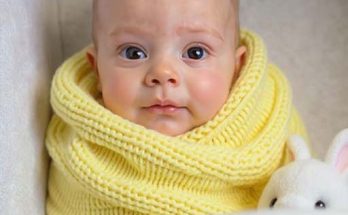
I always believed my father’s will would shield me—that his love and plans would be my armor. But when the lawyer read out a name I had never heard before, something broke. My grandmother, Margaret, erupted in fury.
Who was Clara? And why had my father left everything to her? What was the secret buried behind her name?
From a young age, my life was a ceremony of rules. Each morning, the house rang with commands like a military drill.
“Sit up straight, Eva. Don’t slouch. A proper woman is always composed.”
That voice belonged to Margaret—my grandmother, guardian, and ever-present judge. After my mother passed, she raised me in her reflection, sculpting me into a flawless replica of her standards.
Everything had to be perfect. My grades, my posture, how I folded a napkin. Perfection wasn’t praised—it was expected. I didn’t just strive; I fought to survive in her shadow.
When my father died, Margaret wasted no time. She focused in on the estate like a hawk.
“You’ll invest the inheritance wisely, Eva,” she declared that morning, speaking about restoring our family legacy. “Your father worked too hard to let this slip.”
I believed her. She was unshakable, a woman who made the future sound like a schedule. Sitting beside her in that stiff, cold office with the stale coffee and fluorescent lighting, I thought I knew what was coming.
Then the lawyer spoke.
“As per your father’s wishes,” he said slowly, “his estate and financial assets are to be transferred to Clara.”
“Who?” The word shot from my mouth before I could stop it.
The lawyer paused. “Clara is your father’s other daughter.”
“A sister?” I whispered. “I have… a sister?”
Margaret exploded. “Impossible! That’s a lie! My son would never entrust a stranger with everything!”
“It’s no mistake, ma’am,” the lawyer replied firmly. “Your son left detailed instructions. Clara is to inherit the house, the investments, and all related assets.”
Margaret’s voice became shrill. “You mean to tell me that unknown girl gets everything?”
But I was already gone in my mind. A sister. A whole life I never knew existed. My father’s secret.
Margaret’s hand gripped my arm like a vice. “We’ll fix this, Eva. We’ll find Clara. We’ll make her do what’s right.”
Her words felt like a net tightening around my chest. But I nodded. I’d never known how to defy her.
A few days later, I found myself standing in front of Clara’s house, a lopsided little home with cracked steps and peeling paint. The breeze smelled like rain and clay.
Before I could knock, the door opened. A woman stood there with soft curls, bright eyes, and fingers that twisted nervously at her sides.
“Hi!” she said, voice light and musical. “You parked by the mailbox, right? It wobbles a bit. I keep meaning to fix it, but…” Her eyes darted to the doorframe, where she rapped her knuckles three times.
“Um… yes,” I said, uncertain. “My name is Eva. I’m your sister.”
“Oh!” she said brightly, stepping back without hesitation. “Come in! Careful on the kitchen floor—one of the boards squeaks like it’s alive.”
Inside smelled like soil and something handmade. The kitchen was cluttered, but warmly so. A large workbench overflowed with half-painted ceramics and open jars of glaze.
Clara moved with quiet rhythm, realigning three mismatched vases before turning toward me with a calm smile.
“You’re my sister.”
“Yes,” I said, hesitating again. “Our father… he passed away recently.”
She nodded gently. “What was he like?”
The question took me by surprise. “He was… kind. Thoughtful. Funny, sometimes.”
“I never met him,” she said, holding up clay-smeared hands. “But Mom always said I got his hands. Big, like his.”
There was no bitterness in her voice, only wistfulness. It disarmed me.
“He left me a gift,” Clara added, her eyes bright.
“A gift?” I echoed.
“Yes. That’s what the letter from the lawyer called it. Did he leave you something too?”
I paused. Margaret’s voice was still ringing in my ears. “No. Not really.”
“That’s strange,” Clara said softly. “I think everyone deserves something.”
“Maybe,” I said, trying to smile.
“You should stay for a week,” she said suddenly. “Tell me about him—how he laughed, what he liked to eat, his voice.”
“A week?” I asked, startled.
“In return, I’ll show you the gift,” she said. “Fair exchange.”
I hesitated, then nodded. “A week, then.”
Her face lit up. “Great! Hope you like pancakes.”
She turned back to her workbench, humming a soft tune. I realized Margaret had underestimated Clara. Her warmth complicated everything.
That week felt like walking through a forgotten dream. No perfection, no sharp corrections, no judgmental silence. Clara’s world moved differently—slower, softer.
Breakfast was eggs, toast, and endless tea. No fancy cafes or perfect croissants.
“Easier this way,” Clara said. “Less cleanup, more time for art.”
I noticed her rituals—placing and adjusting mugs, tapping the table twice before sitting. Patterns that meant something only to her.
“Let’s walk to the lake,” she said one morning. She slipped off her sandals and stepped barefoot into the wet grass. I hesitated, then followed.
She stopped to touch leaves, stack tiny stones. “Do you ever listen to the world?” she asked.
“To what?”
“Everything.”
Back in her studio, she handed me a lump of clay. “Make something.”
I tried. Failed. The clay sagged like melted wax.
“It’s terrible,” I muttered.
“It’s not terrible,” she said, gently reshaping it. “Just new.”
She didn’t scold when I knocked over her tools or spilled water. She cleaned up, humming the whole time. Her patience was a quiet marvel.
Margaret’s calls became more aggressive. “Why are you stalling, Eva? That girl doesn’t know what to do with that inheritance!”
“She’s not just some girl,” I snapped. Then caught myself. “It’s not that simple.”
“It is. Get her to sign. If persuasion doesn’t work, manipulate her. Use her trust.”
Her cruelty cut deeper than I expected. “I don’t think I can do this,” I whispered after hanging up.
Margaret arrived the next day, like a storm in a neat blazer.
“This is where you’ve been hiding?” she asked, walking into Clara’s studio. “Eva, how can you live in this mess?”
She turned to Clara. “You have no right to this inheritance!”
Clara repeated “Gift” over and over, gently arranging her vases.
Margaret faced me. “She’s not like us. Don’t be fooled.”
Clara pointed to a small cabinet. “Gift.”
Inside were dozens of old letters. Each one addressed to my father.
“These… they’re from Clara’s mother,” I said, stunned. “Did you know?”
Margaret’s face turned gray. “Of course I knew. That woman tried to trap my son with a broken child. I told her to go.”
Clara’s body tensed.
“You lied to him,” I said, shaking. “You kept him from knowing he had a daughter.”
“And he found out,” Margaret hissed. “That’s why he changed the will. And now you’re letting this stranger take everything?”
Clara whispered, “He gave me a gift.”
I stepped between them. “This isn’t about money anymore, Grandma. And I’m not taking anything from her.”
Margaret left, furious, her heels cracking against the porch.
“I’m sorry,” I said, turning to Clara. “I love you, sis.”
Without missing a beat, she said, “Want pancakes?”
“I really do.”
We ate outside as the sunset painted the sky with gold and peach.
Later, I helped Clara expand her ceramic studio. We fixed the roof, planted sunflowers, and I started painting her creations—florals, waves, starlight.
People began to notice. Our art sold. Slowly, the world came to us.
It wasn’t perfect. But it was ours.
And for the first time, I wasn’t living for someone else’s approval.
I was living—for Clara, and for me.



